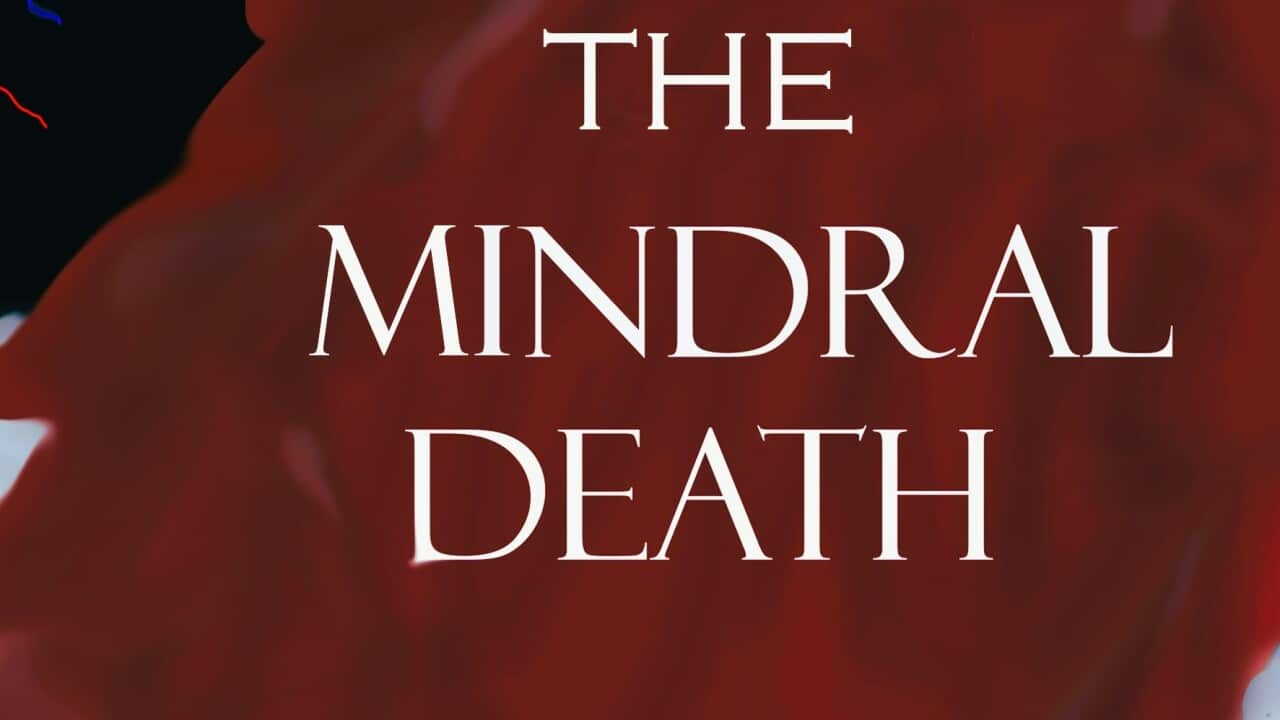Highlights:
- 'Language and interaction are crucial forms of treatment,’ says Melbourne author Sanya Rushdi
- Her novel Hospital was originally written in Bangla and offers a fictionalised account of her experiences with psychosis and schizophrenia
- Schizophrenia is a complex brain disorder, which affects up to 200,000 Australians
Set in Melbourne, Hospital tells the story of Sanya - a former research student with a psychology background – who is diagnosed with schizophrenia after her third episode of psychosis.
While labelled as fiction, Sanya Rushdi’s debut novel is based on real-life events.
“Although most of the things mentioned in the book did actually happen, they didn’t necessarily occur in the same order,” she told SBS Bangla.
“I mostly kept the essence of the conversations and events as they occurred.”
Ms Rushdi was 31 when she was first diagnosed with psychosis in 2009. After a third episode in 2015, she was admitted to hospital for two months. Another two months after her release, she began writing what would become Hospital.

Melbourne-based author Sanya Rushdi has been published in English and Bangla.
The novel’s first-person depictions of life in and out of a community house and hospital are drawn from Ms Rushdi's personal experiences.
“Writing Hospital to me was therapeutic more than anything else,” she said.
“I think that’s also what language can do. It can open up and spread out our memories and events, so that we can see it happening in front of our very eyes. So that we can see what was wrong, what was right and what can make things better.”
Ms Rushdi, a former PhD student in psychology at Monash and Deakin universities, believes that writing can bring about positive social change and provide clarity for previously misunderstood concepts.
The societal impact I anticipate through this book is the recognition of this power of language and interaction not just in our everyday dealings, but also in psychiatric and counselling settings.Sanya Rushdi
Sanya hopes her diary-style writing can help readers make sense of mental illness through the lens of the patient.
“[As my readers] I envision people like myself – people diagnosed with mental illness and those who feel that they have nowhere to go.
“I envision their carers – nurses, doctors, family, social workers, teachers, students, peers and friends. Lastly, I envision people from the government as my readers, if they want to consider some of the issues I raised in my book and implement some changes.”

Author Sanya Rushdi at the book launch of 'Hospital' in Melbourne. Source: Supplied / Luna Rushdi
Addressing misconceptions
According to the World Health Organization, schizophrenia affects about 24 million people or 1 in 300 people worldwide.
In Australia, it affects between 150,000 and 200,000 people.
The complex brain disorder impacts a person’s perceptions, emotions, thoughts and behaviour.
While the cause of schizophrenia is not yet known, researchers are investigating different aspects of this illness.
Ms Rushdi hopes her book can help correct some misconceptions about psychosis and patients.
One misconception that I believe needs rethinking is the view that once diagnosed with schizophrenia, a person never recovers. That is not true. A person can recover completely even after the diagnosis of schizophrenia.Sanya Rushdi
In the novel, Ms Rushdi’s protagonist finds herself questioning her own diagnosis, as well as the medical model and the adequacy of its treatments.
“All kinds of psychoses are treated more or less the same way – with antipsychotics, electric shocks, etcetera. This overlooks the fact that many people do not need those kinds of intrusive treatments,” she said.
"For some, I think, a warm conversation and interaction-based treatment is sufficient."
'No one-size-fits-all approach’
Dr Ahmed Sharif Shuvo is a medical practitioner in Melbourne who has conducted academic research on patients with mental illness who exhibit reluctance to take medication.
He believes writing such as Ms Rushdi's might provide insights into this phenomenon.
"Every patient is different; there is no one-size-fits-all approach. Sanya's book echoes that," he said.
Dr Shuvo is hopeful that literature might be able to contribute to changing the way our society and medical system approach mental illness.
This book is important because it provides a voice to people living with mental health issues. Hopefully it empowers others to express what they couldn't share before.Dr Ahmed Sharif Shuvo
Ms Rushdi is currently working on a novel which is called ‘Quintuple’ (referring to a musical metre characterised by five beats in a measure), which she said will demonstrate five different points of view in life.
If you or someone you know needs support, contact Lifeline crisis support on 13 11 14, Suicide Call Back Service on 1300 659 467 and Kids Helpline on 1800 55 1800 (for people aged 5 to 25). More information is available at and
Disclaimer: This article is not intended as medical advice. Please consult your GP for specific information.





